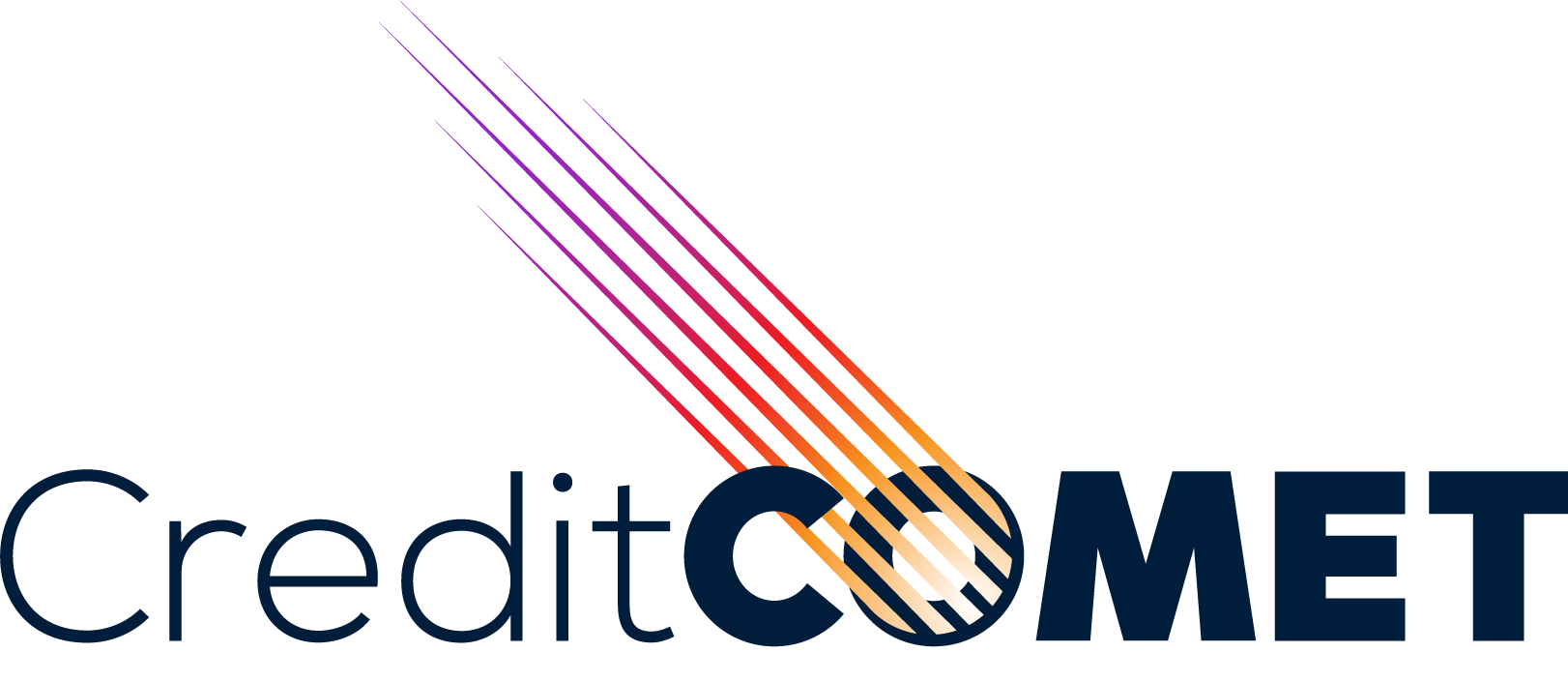In the vast world of credit cards, finding the right one for your financial situation can be a daunting task. Your credit score plays a crucial role in determining the options available to you. Whether you have a high or low credit score, this guide will help you navigate the credit card landscape and make informed decisions.
Understanding Credit Scores: The Key to Unlocking the Best Credit Cards
What is a Credit Score?
Your credit score is a numerical representation of your creditworthiness. It’s based on various financial behaviors, including payment history, credit utilization, length of credit history, types of credit, and new credit accounts. Understanding these factors is fundamental to choosing the best credit card.
Categories of Credit Scores: Finding the Right Fit for You
Excellent (800-850): Prime candidates for the best credit cards.
Good (670-799): Eligible for a variety of credit cards with favorable terms.
Fair (580-669): Limited options, but there are cards designed for rebuilding credit.
Poor (300-579): Restricted choices, often necessitating secured credit cards.
Choosing the Best Credit Card for High Credit Scores: Maximizing Perks and Rewards
Rewards and Perks: Get More for Your Money
- Look for cards offering cash back, travel rewards, or other perks.
- High credit scores open doors to premium cards with exclusive benefits.
Low Interest Rates: Save on Finance Charges
- With a good credit score, you can qualify for cards with lower interest rates.
- Consider cards with introductory 0% APR offers for balance transfers or purchases.
Premium Cards: Elevate Your Lifestyle
- Explore premium credit cards that offer luxury benefits like airport lounge access and concierge services.
- Some premium cards may have higher annual fees, so evaluate the perks against the costs.
Credit Limit Considerations: Match Your Spending Habits
High credit scores often result in higher credit limits. Ensure the card aligns with your spending habits.
Choosing the Best Credit Card for Low Credit Scores: Rebuilding and Improving Credit
Secured Credit Cards: Back on the Path to Good Credit
- Ideal for rebuilding credit, secured cards require a security deposit.
- Look for secured cards with low fees and the potential to transition to an unsecured card.
Credit-Builder Cards: Designed for Building Credit
- Some cards are specifically designed for those with limited or damaged credit.
- Focus on cards that report to major credit bureaus to positively impact your credit history.
No Annual Fee: Minimize Costs
- Given the limited options, consider cards with no annual fees to minimize costs.
- Use the card responsibly to improve your credit over time.
Prequalification Offers: Increase Your Approval Chances
- Some issuers offer prequalification checks that don’t impact your credit score.
- Explore these options to identify cards you’re likely to be approved for.
Tips for All Credit Scores: General Advice for Credit Card Users
Read the Fine Print: Know the Terms and Conditions
- Understand the terms, fees, and conditions associated with each credit card.
- Pay attention to APR, annual fees, and any potential penalties.
Credit Utilization: Keep Your Balances Low
- Aim to keep your credit utilization ratio low, regardless of your credit score.
- This demonstrates responsible credit management.
Regularly Check Your Credit Report: Stay Informed and Accurate
Monitor your credit report for inaccuracies and address any issues promptly.
- A clean credit report is essential for maintaining and improving your credit score.
- Additional Considerations for High and Low Credit Scores: Tailored Tips for Each Category
For High Credit Scores:
- Take Your Time: Choose Wisely
- Credit Card Sign-Up Bonuses: Make the Most of Your Score
- Explore cards with lucrative sign-up bonuses, which are often more substantial for those with excellent credit.
- Ensure that you can meet the spending requirements to qualify for the bonus.
Customer Service and Support: Quality Matters
- High-quality customer service can be a valuable asset.
- Research reviews and consider the issuer’s reputation for excellent customer support.
Credit Card Insurance: Added Protection
- Some premium cards offer insurance benefits, such as travel insurance and purchase protection.
- Evaluate whether these features align with your lifestyle and needs.
For Low Credit Scores:
Credit Counseling Services: Seek Professional Guidance
- Consider seeking advice from credit counseling services to improve your financial situation.
- They can provide guidance on managing debt and improving your credit score.
Secured Card Graduation Policies: Progressing Towards Success
- If using a secured card, inquire about the issuer’s policies on transitioning to an unsecured card.
- A successful transition can positively impact your credit history.
Credit Limit Increases: Gradually Building Credit
- Regularly review your credit card account for opportunities to increase your credit limit.
- A higher limit can positively affect your credit utilization ratio.
Responsible Credit Card Usage Tips: Key Practices for All Credit Card Users
Timely Payments: Stay on Track
- Always make payments on time to maintain a positive payment history.
- Consider setting up automatic payments to avoid missed deadlines.
Budgeting: Plan Ahead
- Establish a budget to ensure you can comfortably manage your credit card payments.
- Avoid maxing out your credit limit, as high credit utilization can negatively impact your score.
Avoid Opening Too Many Accounts: Quality Over Quantity
- While having multiple credit cards can be beneficial, opening too many accounts in a short period can signal risk to lenders.
- Focus on quality over quantity.
Regularly Review Your Finances: Adapt to Your Changing Needs
- Periodically reassess your financial situation and adjust your credit card strategy accordingly.
- Upgrade to cards with better terms as your credit score improves.
Final Thoughts: A Balanced Approach to Credit Cards
Navigating the credit card market requires a balance between understanding your credit score and choosing a card that aligns with your financial goals. Whether you have a high or low credit score, there are tailored options available. Regularly reassess your financial situation, stay informed about credit card features, and use credit responsibly to pave the way for a healthier financial future.

